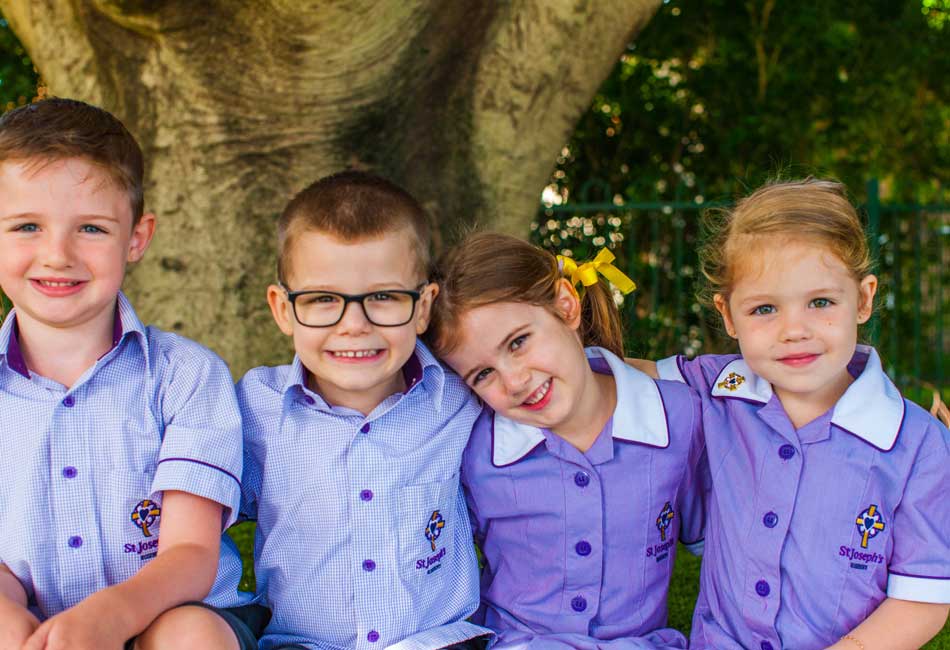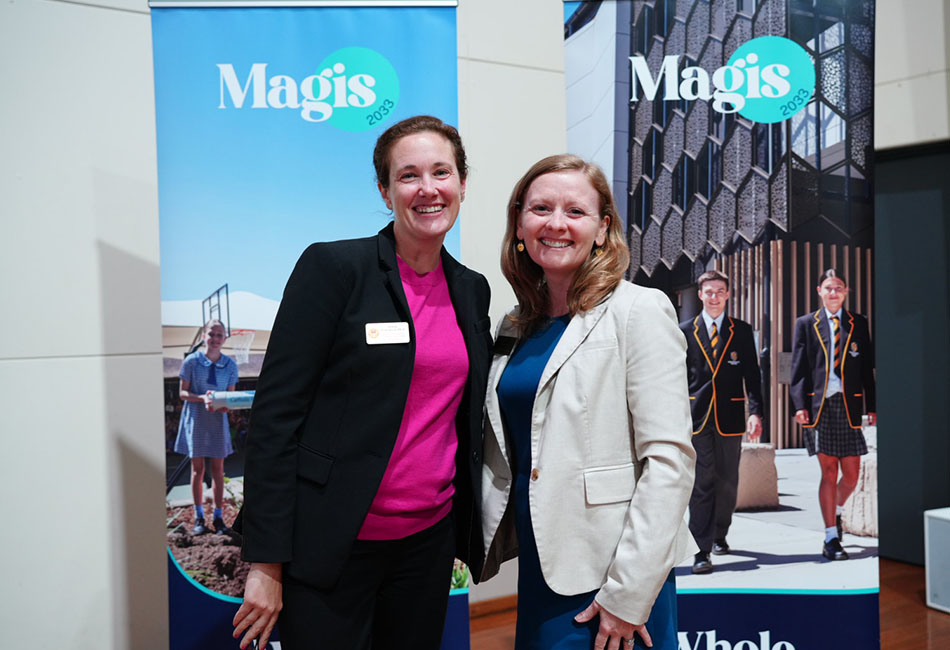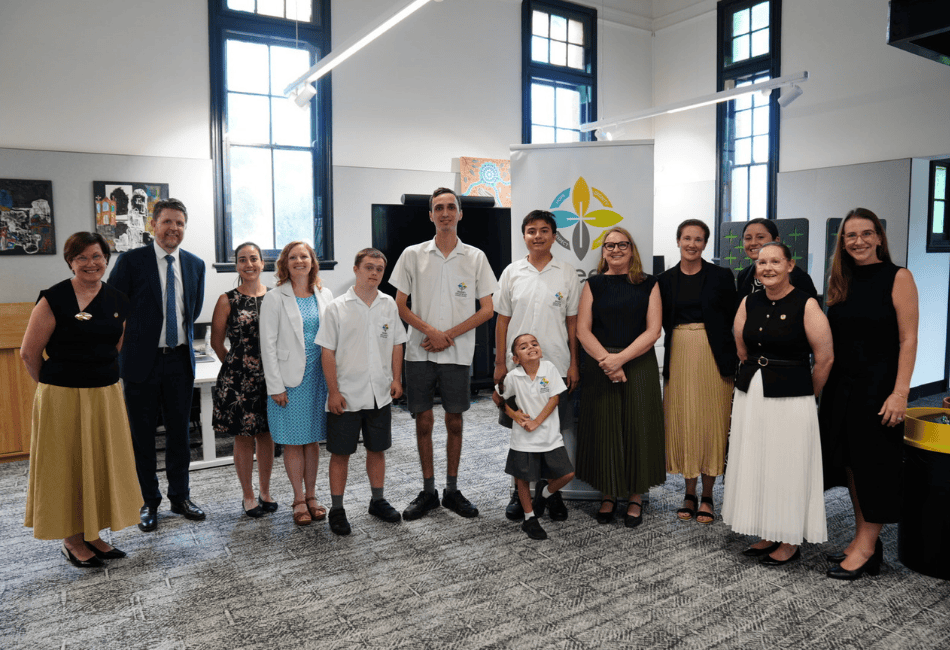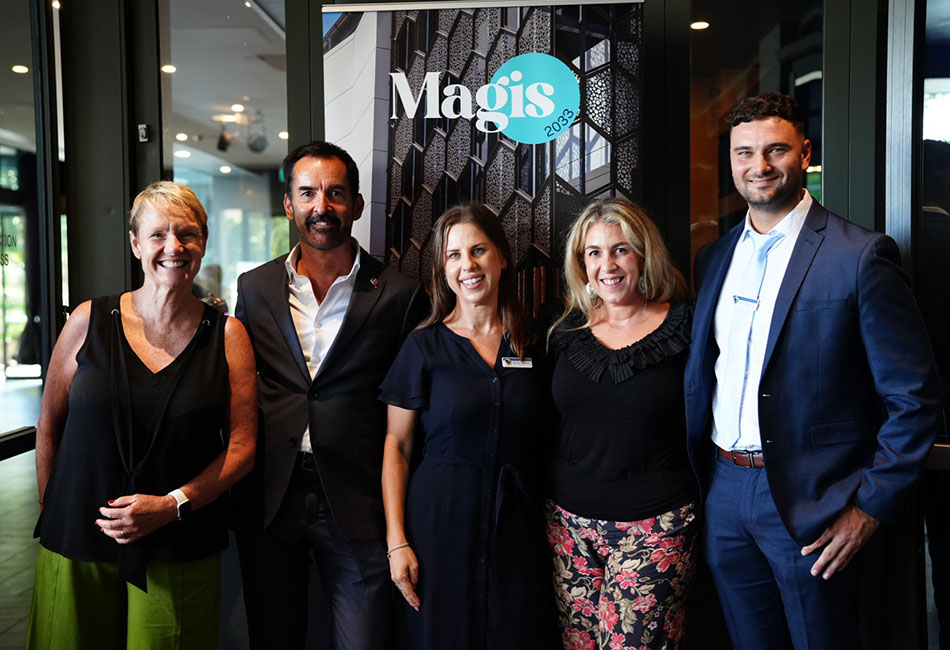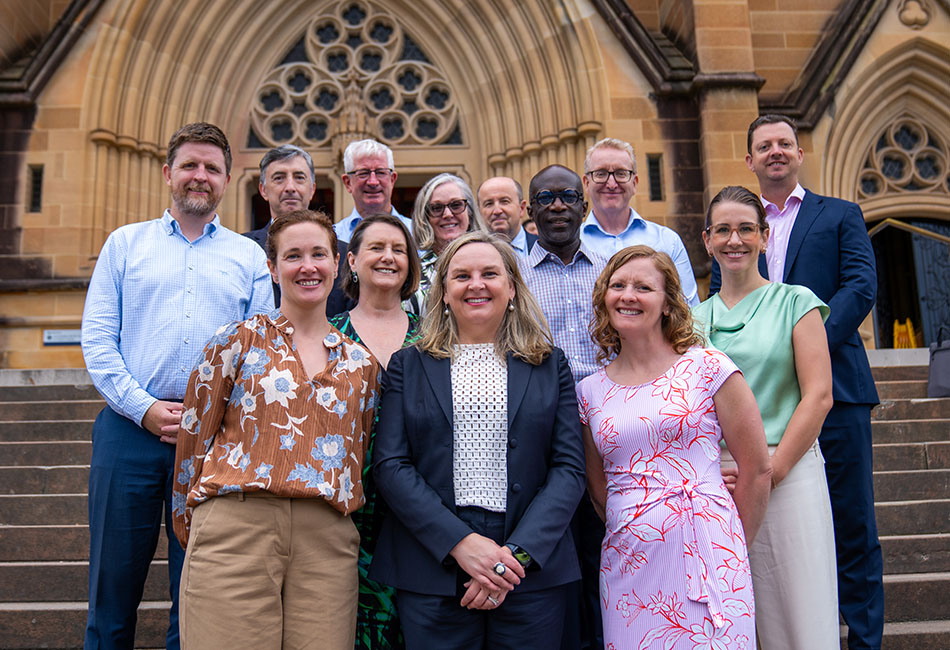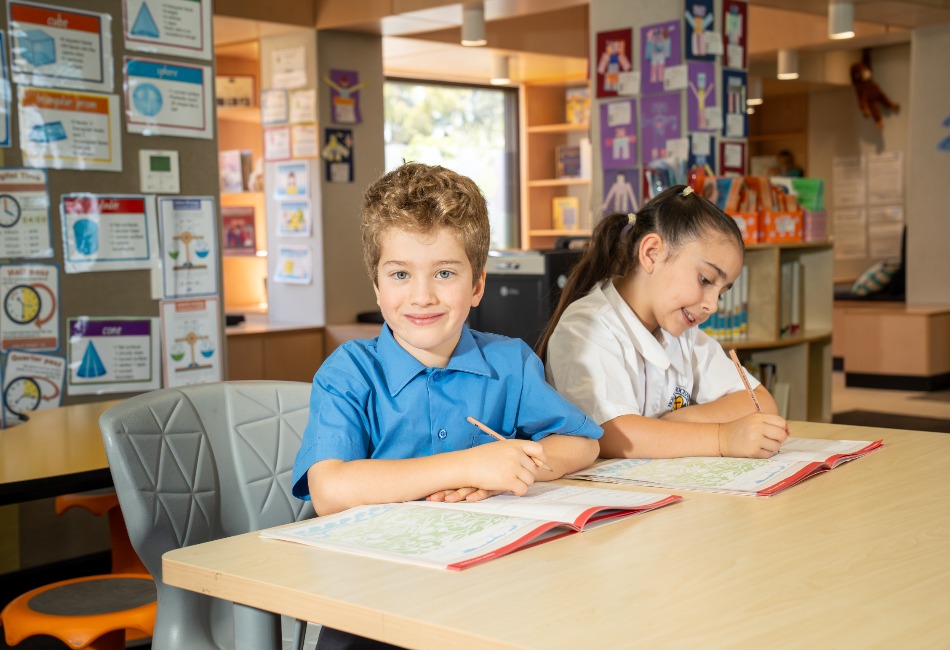Of all the milestones in early life, starting kindergarten can be one of the most exciting – and nerve-wracking – for parent and child alike.
Below are four factors to consider for a smooth transition from daycare and home to a larger, more structured primary school environment.
Timing
While there is no national starting age for kindergarten, in NSW children are expected to attend by the year they turn 6.
A child’s social and emotional needs, as well as how they cope with change, often trump academic readiness in the decision-making process.
“It depends on the child, the family, the advice from the early childhood service,” said Kim Moroney, Specialist: Early Years (K-4) Curriculum at Sydney Catholic Schools.
“Some children are excited to leap into the next stage of their life, but for others that is more challenging. It’s different for everybody.”
“Schools are very proactive in welcoming and reassuring families.” – Kim Moroney, Specialist: Early Years (K-4) Curriculum
Familiarity
It can be natural for a child to miss their old routine as they adjust to a new one at primary school.
Taking photographs of the classroom, playground, office and teacher (with permission!) during orientation and talking about them with your child can help familiarise them with their new environment ahead of time.
Developing their vocabulary around school and familiarity with school items such as lunchboxes, shoes, hat, and backpack – and when and how they are used – is also helpful.
“The most important thing when children are transitioning to school is for them to have a sense of connection, and of belonging to the school,” Ms Moroney said.
“Having conversations with your child about school and how they are feeling is invaluable.”
Social and emotional readiness
Independence and emotional self-regulation are key skills for a successful transition to school.
“We work towards helping the child to express big feelings in calm ways,” Ms Moroney said.
“It’s not a given, it’s something we learn.
“Also consider things like: if they have a need can they ask for assistance? Do they know they can get a peer or a teacher to help them? When I hear a bell, where do I go?”
School support
Schools share a lot of information with families when their child starts kindergarten. This includes lines of communication and how to get a message to your child’s teacher. They also want to know about your child to ensure they offer the support needed to ensure them thrive.
Though not compulsory in NSW, parents can ask for their early childhood education provider to complete a transition to school statement.
Based on outcomes listed in the national Early Years Learning Framework teachers consider it an invaluable resource to get another perspective of the child.
“Schools are very proactive in welcoming and reassuring families because we know that the child doesn’t just transition to school, the family does,” Ms Moroney said.
“Teachers have a toolkit to support the child, not only in learning but in their development and wellbeing.
“When the child is feeling safe and secure, then the learning develops.”
An emphasis on excellence in all areas of education – from academic to vocational, sport and the arts – helps Sydney Catholic Schools nurture the potential of all students in their 147-strong network of primary and secondary schools.
Click here to find your nearest Catholic school.

